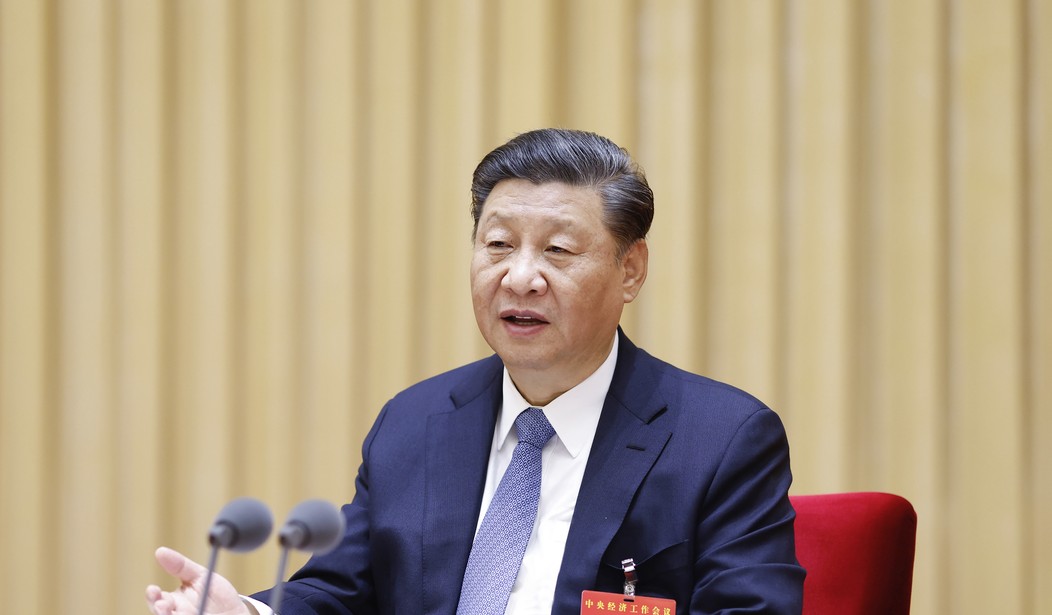After seven years of deep-freeze diplomacy, Tehran and Riyadh have suddenly signed a new accord. Embassies will be re-opened in both countries by the beginning of the summer and normal relations will be resumed. Earlier this month, the two Middle East arch-rivals were brought together at a three-day summit in Beijing by President Xi Jinping, with the apparent blessing of Saudi Arabia’s King Salman and de-facto leader Crown Prince Mohammed bin Salman, and the Iranian regime’s Supreme Leader Ayatollah Ali Khamenei. Saudi Arabia unilaterally withdrew its diplomats from Tehran in 2016 when its diplomatic posts in Tehran and Mashhad were attacked by protesters, angered at the execution of a Shi’ia cleric and an al-Qaeda terror chief in Riyadh by the Saudis’ Sunni regime. Since then, the respective sides have been engaged in a long-running civil war in Yemen, where the Saudis have backed the internationally recognized government, while the Iranians have supplied arms and financial assistance to the Houthi rebels.
The peace accord between the Saudis and the Iranian regime potentially heralds a new strategic initiative by China, keen to fill the vacuum created in the Middle East by America’s gradual abandonment of interest. President Joe Biden’s catastrophic withdrawal from Afghanistan, coupled with his administration’s singular focus on Russia and the war in Ukraine, and the collapse of the deeply flawed Iran nuclear deal, has perhaps encouraged Xi Jinping to flex China’s muscles in the zone.
It is an inopportune time for China to get involved. A nationwide uprising in Iran is heading towards its seventh month, with 750 protesters killed and more than 30,000 arrested, during a relentless crackdown by the mullahs. There has been worldwide condemnation of the execution of four young protesters and the death sentence passed on hundreds of others. The Iranian currency has collapsed, and the economy has nosedived. Millions of impoverished Iranians have taken to the streets demanding the overthrow of the theocratic regime, only to be met with beatings, tear gas and lethal gunshots. Schoolgirls from primary and secondary schools who joined the protests have been targeted by poison gas attacks, leaving dozens hospitalized. For China and Saudi Arabia to be seen propping up this reviled regime is surely an unwelcome development.
The mullahs’ brutal oppression at home has been matched by their warmongering abroad. They have poured billions of dollars in cash and manpower into supporting Bashar al-Assad’s bloody civil war in Syria. They have propped up the terrorist groups Hezbollah in Lebanon and Hamas in Gaza for decades and funded and directed the vicious Shi’ia militias in Iraq. They have exported terror internationally, using their embassies as bomb factories and terrorist HQs. The Islamic Revolutionary Guards Corps (IRGC), the regime’s Gestapo, listed in the US as a terrorist organization, has plundered the country’s dwindling oil revenues to accelerate the production of nuclear weapons, which they will use to threaten Israel.
Recommended
Despite tough sanctions imposed on the Iranian regime by America, the EU, and the UK, China has continued to snub the West by procuring hydrocarbons from the mullahs. Indeed, Chinese imports of Iranian oil are reckoned to be around 780,000 barrels a day, significantly exceeding what they purchased prior to sanctions being imposed on the clerical regime, strongly opposed by Russia and China. Both Xi Jinping and Vladimir Putin were enthusiastic supporters of Barack Obama’s Joint Comprehensive Plan of Action (JCPOA) nuclear deal, which was unilaterally shredded by President Trump in 2018 when he imposed his ‘maximum pressure’ campaign of super-tough sanctions on the mullahs. The regime has reacted by accelerating its uranium enrichment program to more than 83.7% purity, a short step away from the 90% purity required to make a nuclear bomb.
Undeterred, Xi Jinping has continued to woo the mullahs. In 2021, China signed a 25-year, $400 billion ‘Belt & Road’ deal with the mullahs to bypass American sanctions, effectively turning Iran into a client state. Once again, with their burgeoning oil procurement programme they are breathing life into the decaying corpse of the mullahs’ fascist dictatorship. By acquiescing to China’s brokered peace deal with Iran, the Saudis have effectively handed Xi Jinping a major public relations victory over Biden and the US. The initiative is all the more brazen when the US Navy is currently engaged in patrolling sea-lanes in the Gulf, ostensibly to protect Saudi oil exports to China! If the renewal of relations between the Saudis and the mullahs leads to a peace deal in Yemen, it will be regarded as a major success for China and a symbolic defeat for the US, which has backed the Saudi war against the Houthi rebels with American weapons.
Now the Saudi Minister of Finance, Mohammed al-Jadaan, has said that investment opportunities in Iran are possible as long as there is a “goodwill.” Clearly the prospect of saving their Middle East rivals from economic and social bankruptcy has become a curious priority for the Saudis. It will be a historic mistake. Ridding Iran of the mullahs’ fascist autocracy and seeing it replaced by a secular, freely elected democratic government that restores peace, security, justice, freedom, human rights, women’s rights and an end to the nuclear threat would be the ultimate dream of Iran’s 80 million beleaguered people. China’s imprudent intervention is a retrograde step.
Struan Stevenson is the Coordinator of the Campaign for Iran Change (CiC). He was a member of the European Parliament representing Scotland (1999-2014), president of the Parliament's Delegation for Relations with Iraq (2009-14) and chairman of the Friends of a Free Iran Intergroup (2004-14). Struan is also Chair of the ‘In Search of Justice’ (ISJ) committee on the protection of political freedoms in Iran. He is an international lecturer on the Middle East and is also president of the European Iraqi Freedom Association (EIFA).

























Join the conversation as a VIP Member